On Mothers Day this year I birthed my blog. My blog-o-logical clock had been ticking for months, and I thought that after publishing the first couple of posts, the tick-tick-tocking would go away. Ha! That is the equivalent of saying that a mother’s work is complete after childbirth.
I have an idea for a book called Theatrical Intelligence. It’s a concept that uses the theatre production model to impact business performance. My blog is also called Theatrical Intelligence; its purpose is to send my ideas about this new concept out into the world to see what comes back to me. It isn’t working.
Aye, there’s the rub.
Nothing is coming back. Why?
FIRST: I don’t blog enough. Responsibilities to my company get top priority. Make no mistake: this is my choice. I co-own the business with my husband and no one is tying me to my desk.
SECOND: I have been uncharacteristically shy about “sending my ideas out into the world.” I’ve hinted. I’ve joined Twitter, and tweeted as @TheatreSmart. I’ve asked my kids what they think. But I haven’t launched, in the sense of sending my own theatrical rocket into space.
THIRD: Twitter has an irresistible little feature called a Posterous Page. It is, essentially, a mini blog that is as easy to use as picking up the phone. I gave in to this preposterous temptation and have posted 28 little pieces since November, on what I call my (Pre)Posterous Page.
That puts me exactly 3 distractions away from writing the book. Or are they distractions? My partner Roger Morgan believes that so-called-distractions are part of the gestation period of creativity; natural and inevitable, given that the muse does not descend on demand. (I have encouraged Roger to write a book on innovative procrastination techniques. He informs me that the idea is in the gestation phase.)
Writing the book is the goal, I remind myself. Yet my blog-o-logical clock keeps ticking, an incessant reminder that I am committing blog-abuse. My blog is hungry and wants to be fleshed out, to grow, to become the catalyst for getting the book out in the world. Every day my inner critic (the 8th role of Theatrical Intelligence, by the way) prevents me from posting deeply shallow articles.
Thus conscience does make cowards of us all.
HOWEVER… cowardice doesn’t seem to fit comfortably. Therefore, I proclaim that in 2010 I will:
FIRST: L-A-U-N-C-H the blog, such as it is, into the world.
SECOND: Work on T-H-E B-O-O-K
‘Tis a consummation devoutly to be wish’d.
Please join me as a conversation partner in this quest, and subscribe to my blog. Pass it along to friends and colleagues. And most important: share your feedback; one of the 6 Principles of Theatrical Intelligence is that “Failure is the quickest way to learn.” If I’m off the mark in your opinion, please let me know. That’s the way this dream will take flight.
Thank you. And may the new decade see your dreams come true.

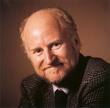
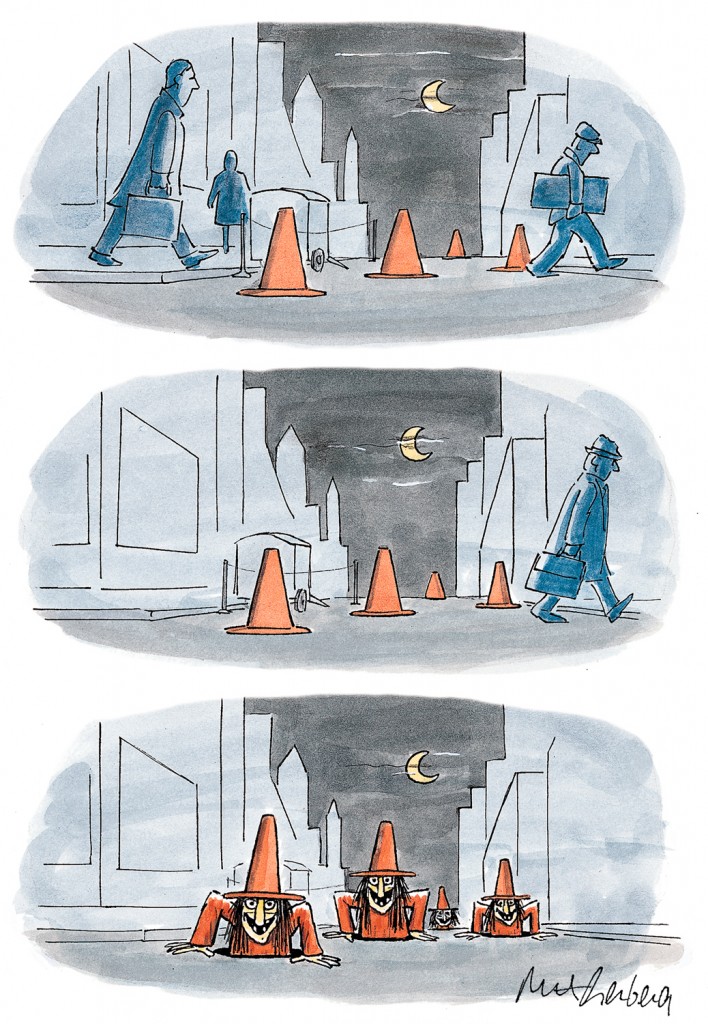
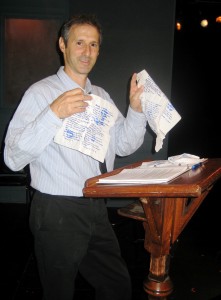
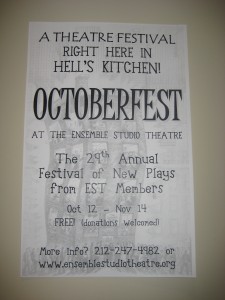

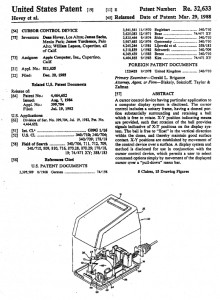
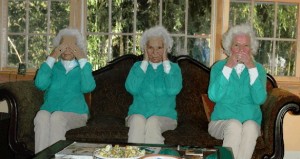


Recent Blog Comments